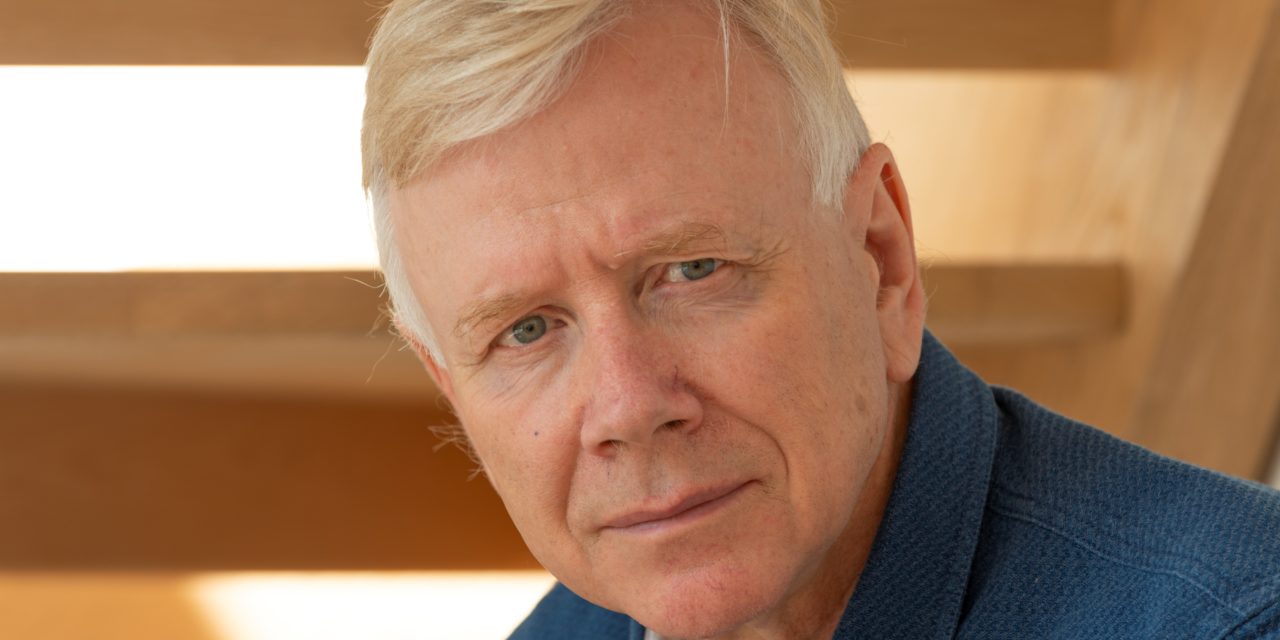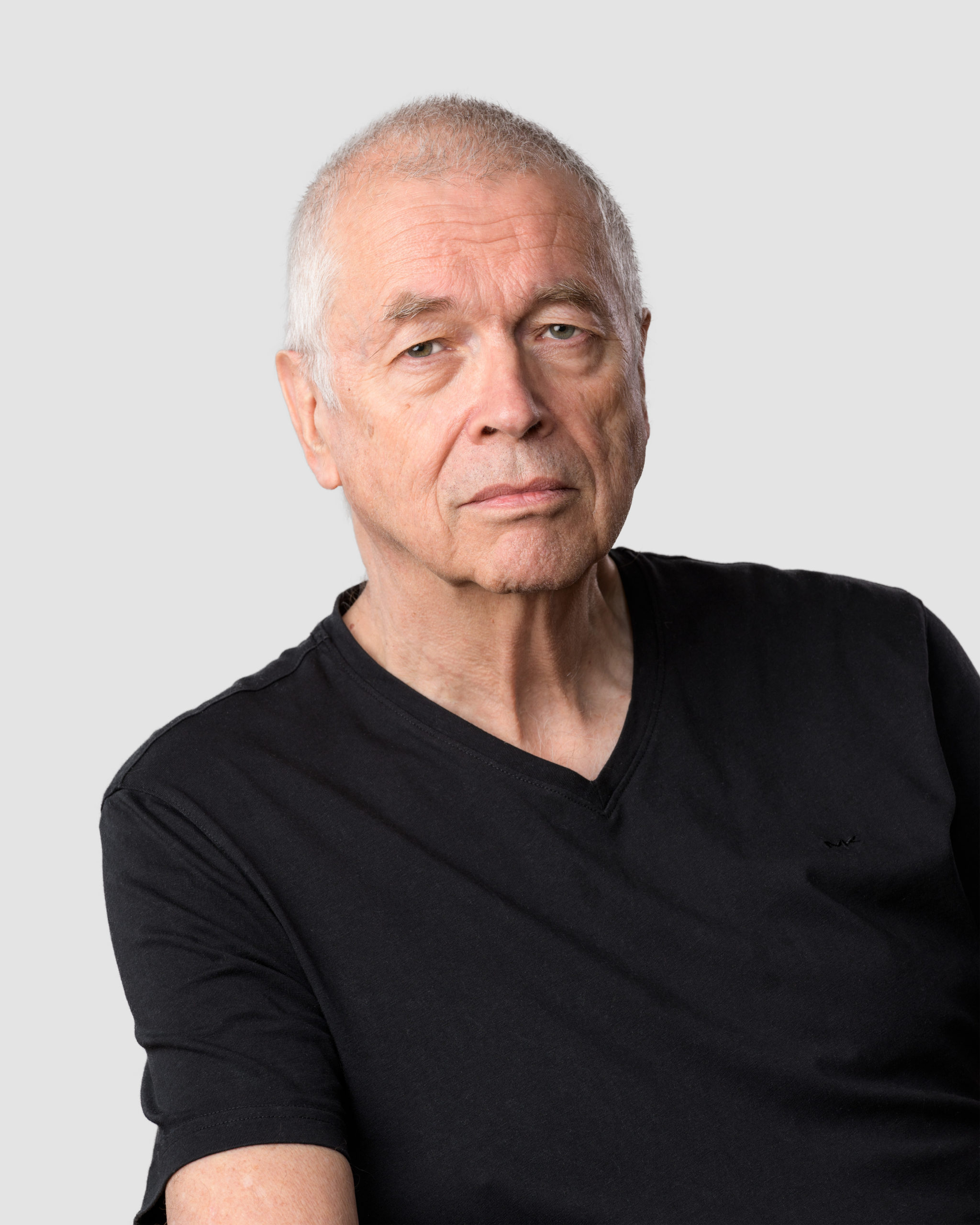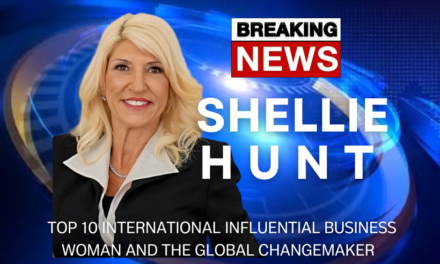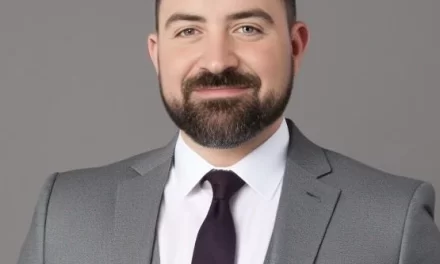Humphrey Hawksley’s assignments as a BBC foreign correspondent have taken him to crises all over the world. He is a regular panelist and speaker, and his work has appeared in most mainstream publications in North America and the United Kingdom. He is the author of the much-praised Dragon Strike ‘future history’ series, and his latest non-fiction book is Asian Waters: The Struggle Over the Asia-Pacific and the Challenge to American Power. He hosts the twice-weekly Goldster Inside Story Book Show and the monthly Democracy Forum Debates on global issues. Humphrey shares with Influential People his recent novel, ICE ISLANDS from his Rake Ozenna series.
Jules: As a BBC foreign correspondent, your assignments have taken you to crises all over the world. Tell us about your career and what led you to write the much-praised, Dragon Strike “future history” series.
Humphrey: For many years, I covered wars, catastrophes, crises and the occasional uplifting story all over the world for the BBC. In the mid-1990s, I was the BBC’s Bureau Chief in Beijing. China was a fascinating assignment, a vast country waking up and turning itself into the factory of the world, building cityscapes, freeways, high speed rail and everything that makes up the glitter of the modern China we see today. It was also then and still is an authoritarian state run by the Chinese Communist Party. Half my job was reporting the incredible modernization, both in infrastructure and in mindset. The other half was exposing human rights issues of political dissidents and religious repression. As with many correspondents at this stage of the careers, I was looking to do a book and had drafted an outline for a non-fiction analysis of this new China. During a visit to London my agent, David Grossman, introduced me to a legendary publishing figure William Armstrong who had just had huge success with a best-seller The Third World War by General Sir John Hackett. In an office decorated with awards and mementos, William looked briefly down my outline.
“This is very worthy,” he said, “and shows you have great knowledge on your subject. We may sell a few thousand copies.” He slid my proposal to the side of his large leather embossed desk and leant forward, resting his chin on steepled hands. “Now tell me, could you write a fictional account of a war between the United States and China?”
There is nothing a journalist likes more than an experienced editor who knows what they want. I recruited Simon Holberton, a colleague from the Financial Times, as co-author because William wanted a manuscript in the next few months. DRAGONSTRIKE: THE MILLENNIUM WAR was published in 1997 and continues to sell. After that I wrote two more as sole author in a similar vein, DRAGONFIRE which was about conflict between Pakistan, India and China and THE THIRD WORLD WAR which was global. The narrative drive was how world leaders paint themselves into corners from which they cannot escape, making war inevitable. We see similar now with Russia’s invasion of Ukraine.
Jules: Tell us about the Rake Ozenna series.
Humphrey: ICE ISLANDS is the fourth in the series, featuring the hard-as-nails Indigenous Alaskan islander, Rake Ozenna, as the hero protagonist. In each thriller I try to take the reader to vivid, exotic, little-known locations with a story that weaves global politics with hard action, coupled with Rake’s unsteady personal life. His soul mate and lover is Carrie Walker, a conflict trauma surgeon whom Rake met while deployed to Afghanistan. Carrie is the only woman he can’t get out of his mind. Rake was raised as an orphan on Little Diomede island on the U.S.-Russian border. MAN ON ICE, the first in the series, has him battling a Russian invasion of his home island.. The second, MAN ON EDGE, takes him to the Norwegian-Russian border when military secrets go missing. Carrie, who is half Russian and half Estonian, becomes embroiled through a Russian naval uncle and there are high-action dog sled fight scenes on the frozen Arctic steppe. The next, MAN ON FIRE, begins on Little Diomede where Rake is tasked to bring in an agent crossing from Russia. The agent dies in a firefight and Rake begins a hunt to track down a catastrophic weapon. He goes into Russia and ends up tackling the bad guys in the stunningly picturesque Elbe Sandstone Mountains in Czechia.
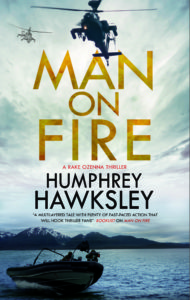
Jules: What was your inspiration for the character Rake Ozenna?
Humphrey: In 2015, after Russia had taken Crimea, tension between Russia and the States rose and the fragmentation we see now got underway. Most of the hostility we see now is unfolding through Europe. I wanted to report from where the U.S. and Russia actually come face to face, and that is in the Bering Strait that separates Alaska from Chukotka in the Russian Far East. I hadn’t realized these two super powers were separated by less than three miles of water, two remote islands, Russia’s Big Diomede and America’s Little Diomede with the border running between them. Despite being widely ridiculed, Sarah Palin, the former Alaska governor and vice-presidential contender, was right when she said Americans could see Russia from their backyards.
Little Diomede would be the story. It was meant to be a short filming trip with a multi-award winning videographer, Poulomi Basu. The helicopter was to deliver us mid-day and pick us up the next day. But fog came down, and we ended up being there for ten or eleven days. What do you do for that time on a frozen island with only eighty people, no roads, no hotels, just a sort of craggy rock? So, I sketched an outline for the thriller that became MAN ON ICE.
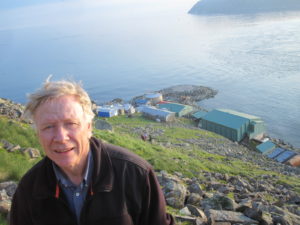
HH on Little Diomede island.
I had expected there to be Alaska State Troopers, U.S. Customs and Border Protection or the Alaska Nation Guard. It was, after all, a government border with the enemy very close. But there was nothing, just Indigenous Alaskan Americans. I created a scenario when Russia flew in and took the island on the ever of an acrimonious presidential transition, and I needed a lone hero to tackle them. I thought, who is that going to be. I worked around the familiar tough guy special forces types when, in truth, the roughest, hardest and most interesting of any characters were the people I was living with on Little Diomede. Rake Ozenna is an amalgamation of those incredible people. After reading the Rake Ozenna series, veterans of the Alaska National Guard have written me saying that the Indigenous soldiers have been among the most skilled fighters in the Iraq and Afghan wars.
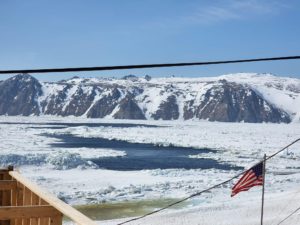
Little Diomede US flag across to Russia.
Photo Credit: JoAnn Kaningok
Jules: Your thriller series has received rave reviews.
Booklist Starred Review-
Another outstanding geopolitical thriller in Hawksley’s excellent Rake Ozenna series, carefully researched, action-packed, and suspenseful.
New York Times best seller, Simon Winchester, ICE ISLANDS
Gritty hero Rake Ozenna keeps us totally hooked as he races through dangerous geographies and adroitly chosen political scenarios. Riveting, satisfying and great fun.
New York Times best seller Nelson DeMille
Rake Ozenna is smart and tough, and we’re glad to have him on our side.
Financial Times Best Thrillers
Hawksley deftly moves between high-powered diplomacy, lively scene-setting and fast-paced action on the ground to make a brisk and very contemporary read.
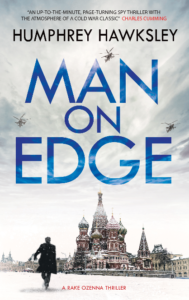
Jules: Tell us about your 4th pulse-pounding read, ICE ISLANDS.
Humphrey: In ICE ISLANDS, Rake is tasked with breaking into the Kato family, a Yakuza crime organization which is turning Japan against the United States. The weak link is Sara Kato, the family’s rejected daughter whom Rake plans to turn into an informant. He is to meet her at a week-long workshop on conflict resolution on the Finnish Aland Islands in the Baltic Sea. This workshop brings together delegates from different conflicts such as Iraqi Sunni and Shia, Protestants and Catholics from Northern, even the left-liberal and right groups from America. Sara Kato is there because of the Japanese-Russian dispute over the Kuril Islands or Northern Territories which were seized by the Soviet Union at the end of the Second World War. Japan wants them back: There is still no peace treaty between the two countries. On the first night, Sara’s counterpart, the Russian delegate, is murdered. He turns out to be the secret illegitimate son of the Russian president. Sara Kato is implicated. Rake is ordered to get her away and keep her safe. That is when the hunt, chase and mystery take hold. The high-octane action moves from the Baltic Sea through Washington D.C. to Hokkaido in northern Japan.
Jules: Do you have a favorite book out of the series?
Humphrey: That is a tough question. I love them all. They are stand-alone yet linked with characters and locations. I have to say ICE ISLANDS is my favorite because it’s the latest and its sweat, exhilaration and creation is freshest in the mind. But then MAN ON ICE forged Rake. Without that there would be no character. MAN ON EDGE with its dog-sled chases and frozen wastelands deepened his relationship with Carrie. The research I did for MAN ON FIRE really chilled me when I saw what certain types of weapons could do to our civilization.
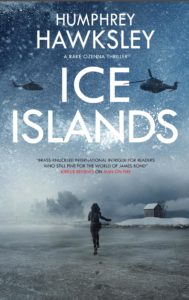
Jules: Tell us about your latest non-fiction book is Asian Waters: The Struggle Over the Asia-Pacific and the Challenge to American Power. Why is this book so important to you?
Humphrey: My reporting specialism is the Indo-Pacific, stretching from the east coast of Africa to the Hawaii, Japan and the South Pacific. It is now the center of rivalry between the U.S. and China. I had postings in Colombo, Delhi, the Philippines, Hong Kong and Beijing and I live and breathe Asia every day. Through my agent, I got a call from the late great Peter Mayer, a publishing icon in London and New York. Peter had discovered global best-sellers authors like Richard Adams of Watership Down and, despite threats, had pushed through with the publication of Salman Rushdie’s Satanic Verses. He asked me to do a book about China’s claim to South China Sea and its building of artificial islands there. “Many of us see pieces in the press,” he said. “But we have no idea what is really going on.” It was an exciting project. I had planned to confine the book pretty much to the South China Sea. But, as I was researching, China was aggressively expanding; one day tension in the Philippines, the next a clash with India, the next something in Sri Lanka. I found myself joining dots that I had not even known existed and decided to write Asian Waters as a compelling primer that anyone could pick up to get the background of this really complex area. I also wanted to readers to understand more about China’s mindset of what it wanted to achieve and how it was going to get there. Asian Waters coincided with the Trump administration which turned on its head many long-standing American policies in Asia. Sadly, Peter Mayer died the day of publication in the U.K. Shortly before Covid, the last time we could travel easily through Asia, I did an updated and expanded edition to take that into account, and we changed the sub-title. The first edition was Asian Waters: The Struggle Over the South China Sea & the Strategy of Chinese Expansion. The updated version became Asian Waters: The Struggle Over the Indo-Pacific and the Challenge to American Power.
Jules: You host the twice-weekly Goldstar Inside Story Book Show. What can we find this month?
Humphrey: Today, I am interviewing award-winning journalist, Bryan Appleyard, on his new book The Car; The rise and fall of the machine that made the modern world. Next, I have the veteran ABC correspondent, Jim Laurie, with his book The Last Helicopter based around the last days of the Vietnam war. After that ex-CIA agent Alex Finley with her satirical thriller Victor in Trouble. In September, we’re doing an Agatha Christie-themed month with experts on poison and River Nile exploration and history.
Jules: What is required to be a great storyteller?
Humphrey: Ah! Yes! Subtle questions. A storyteller is different from a writer or an author. Storytelling is the power of human civilization. The underprivileged girl who is belittled by her godmother and dreams of a prince: The chance of a lost slipper gives her one. Cinderella. The hungry orphan boy in a workhouse who has the nerve to ask for more food. Oliver Twist. The rousing orator within the Roman empire who turns water into wine, feeds thousands with loaves and fishes, heals the sick and is executed after betrayal by one of his disciples. The Christian Gospels with such compelling story-telling that the religion has endured and prevailed for two millennia. The cargo ship crewman listening to the story of a river journey into the jungle in search of mysterious figure who has gone native. Heart of Darkness/Apocalypse Now. All these have in common a character who needs something and antagonists, environment or circumstances that may stop them. Great storytelling needs a want, a challenge, a mystery and a chase – and maybe good writing.
@Humphreyhawk
@hwhawksley
https://www.facebook.com/HumphreyHawksleyThrillers
